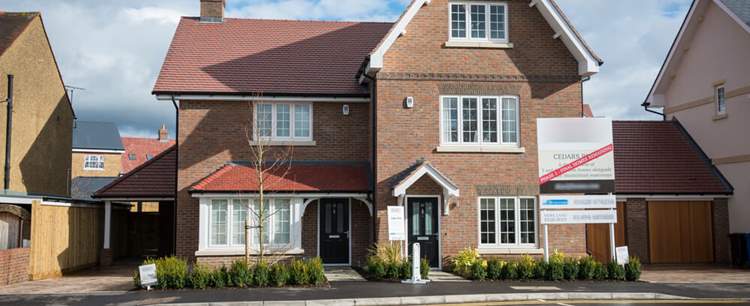The Guardian newspaper on the 20th of July 2018 described it as a “murky” yet “lucrative” corner of the residential property market in the UK – the leasehold system.
Other press reports have described depths of misunderstanding and misunderstanding about sales of this peculiarly English form of tenure that conjure up alarming memories of the PPI scandal.
Buying a leasehold
When you buy the leasehold of a property you are effectively buying a long-term lease giving you the right to occupy it whilst the freehold of the building and the land on which it is built remains in the ultimate ownership of the freeholder.
For the duration of your lease, the freeholder may charge so-called “ground rent” and impose a charge for maintaining the exterior of your home, and common areas of the property and include the cost of building insurance in that ongoing charge.
Mis-selling
Where the parallels with the PPI scandal come uncomfortably close to home is in the alleged mis-selling of leasehold property.
A report in the Daily Mail on the 13th of September 2018 has revealed that very nearly a half of those people sold the leasehold to their home in the past 10 years were unaware that they were buying the leasehold – or right to rent – instead of the unfettered freehold of their home. They became aware of the critical distinction between leasehold and freehold only when it was too late.
Of those who bought a leasehold property, 94% said they regretted doing so. 65% of them said that they had instructed solicitors recommended by the property developers from whom they bought the lease, but 15% of those buyers said it was never explained to them that they were buying a lease and not the freehold.
The implications of leasehold ownership
If you have bought the leasehold of your home:
- the freeholder is entitled to charge whatever annual management fees he sees fit – for items such as the maintenance of the exterior of the property and insurance of the building;
- a ground rent – which may also be increased at the freeholder’s will and in some cases doubles every 10 years;
- the freehold to your property may be sold on to a third party without your even being aware of the change of ownership; and
- because the freeholder effectively remains your landlord, the lease agreement may contain clauses preventing you carrying out even minor alterations or improvements to the interior of your home – as one unfortunate freeholder discovered to his cost when he lost his £600,000 home for redecorating it and installing a new kitchen and bathroom without the freeholder’s consent.
The scale of the problem
There are an estimated 1.4 million leasehold property homes in the UK (out of a total of some 25 million).
But leasehold transactions appear to be growing. In 2016, leasehold purchases accounted for 27% of all property transactions in England and Wales, says the Guardian – and they appear to be especially common in the north-west of England, where they accounted for 32% of all sales in the same year.
Whilst only 7% of all new-build property purchases were by way of a leasehold in 1995, that proportion had grown to 15% in 2016.
As we reported back in July 2017, the government has promised to end the practice of leasehold sales for new-build properties – but that is unlikely to be any comfort to the many thousands who have already recently bought a leasehold home.







